Nkanya Nkwai’s SAVING MBANGO, produced by Stephanie Tum and Julia L. Ngam, is a typical reflection of story sincerity. From start to finish, role interpreters inhabit their characters to sharply contrast stereotypical opinions that Cameroonian artistic and technical film performance is void of realness. It becomes easy to dislodge the said impression upon exposure to the movie in its entirety.
THE STORY
SAVING MBANGO is not a love story like the others. How can love be so defiant of all forces that stand against it – family pressure, poverty, turning point events, etc? In answering this question, the writer in SAVING MBANGO and the filmmaker succeed in weaving two diametrically opposing plots to finally pick love as champion. Even John’s (Gudisz Fungwa) consistent family conflicts that would appear to have a toll on his sincere relationship with Mbango (Laura Onyama), does not sum up to prevent love from prevailing.
John’s offer of basic livelihood necessities to his lover – palm oil (market scene), a bunch of plantain and bag of other items (Mbango’s compound scene), reducing her burden by helping with the farm basket (farm to village road scene) and desperate attempts at saving her during fits, are moments which would naturally implant hope of a much more brighter end on the mind of protagonist.
When the filmmaker forces John to stoop in water, on the stony bed of the river, that is a reassurance to Mbango that she is heading for the best results in love. What else would cause the protagonist to think otherwise when she climbs to the top of the ladder of marriage, wig-on-head, clad in gorgeous gown in the assembly of the entire village.
Flashback to scene one in the movie – the wide shot, presenting the dilapidating ‘karaboot’ (wooden buildings in Cameroon’s coastal settlements) is a projection of peasantry, that would characterize life in the story. His first posture of raising his voice against his entire household, is Mr. Penda’s (Otia Vitalis) habitual angry mood that would litter his scenes throughout the story. The writer makes sure the words and curses of Mbango’s never-shall-be father-in-law, are carefully chosen to eventually reflective happenings in the story.
When he scolds his children for being lazy, hardly does John’s (Godisz Fungwa) dad know that laziness, his own canker, is what will haunt him to the extent of his inability present a son, Oggen (Libota MacDonald), viable enough to foot a bride price. The lazy household’s later dependence on the only hard-working child, John, is signaled from this beginning and this is a sideline root cause of the ensuing conflict in the story.
Perhaps, the tap root of the problematic, is the quasi complete disconnect of the head of the home and the rest of his family which the writer intelligently portrays. When he jumps back into the house, as his spouse and children reluctantly depart to the farm, grabs his drink, gulps it and nods in satisfaction, it is a clear reflection of separation in which the story will cook till its end. What a long distance between father and his family! But does that affect his son’s attachment to his lover? Rhetoric!
ARTISTS’ PERFORMANCE
SAVING MBANGO picked it cast. It still would pick this cast and peck them in their square holes if the movie had to be shot anew.
Coming from a KOD (a Musing Derick Tenn film, produced by Ala Leo and Edith Pikwa) background, Laura Onyama puts up an expected spellbinding village girl acting performance. The skepticism expressions brilliantly performed in scenes of danger, depict the mood of a typical village girl who is oppressed by forces she literally cannot overcome. Laura Onyama’s (Mbango) consistent sorry mood and soft-spoken nature, resonate the poverty, eating up her two-people family (she and her grandma) structure. This, the filmmaker helps the viewer feel with close-up shots at every given instance.
Perhaps, scenes of Mbango’s dropping in fits are proof of Onyama’s acting prowess. How she would dangle herself in John’s arms, portray an actress who gifted in surrendering herself to a lover she can trust anytime, any day. Cajoling acting!
If SAVING MBANGO was going to be the only film in his career, then lead character, Gudisz Fungwa (John) has scored the A grade every actor yearns for. First, like his interlocutor, Laura Onyama (Mbango), Gudisz employs method acting in all its ramifications. His actions in all the scenes where he professes love to his never-to-be wife, succeed in provoking emotions in the viewer – his facial expressions, sweet talk, consoling language, crashing on and lifting of his sick lover, etc. Perhaps, the canoe rescue mission trip and burial scenes would be award-winning acting as per any jury.
Otia Vitalis (Mr. Penda), is usually squarely fitted in head of the family roles, but in SAVING MBANGO, the actor appears to be even more energized. Backed by his greyed looks, the actor performs his lines with some appealing vocal authority. The scenes where Mr. Penda orders his progeny and spouse out of the house to go farming and one where he calls for order in a ramshackle family argument, paint the picture of an actor who fits in this above assertion. Furthermore, for an actor reputed for his positive roles in his movies, Otia’s irresponsible father constant beer-drinking and violent attitude performance, would be great role interpretation. Even his toning down in the judgment day scene when the actor apologizes for his failed fatherly task, is a good display of versatility that is worthy of note.
Libota McDonald (Oggen) as well as Solange Ojong (Njanjo) deliver mature acting as they normally would, in their movies. What came to them in SAVING MBANGO, was equal to these two. The amazing flexibility in their performance as leads in Billy Bob Ndive Lifongo’s LITTLE CINDY to supporting characters in SAVING MBANGO, explains their strength as story interpreters. This time, it is a Solange Ojong (Njanjo) who, heavy with child, will not be conspicuous in action scenes, yet the actress, rooted in her seat, would use her mouth in doing the trick. “You no try, you no try at all…” would surely be an improvised line, but this expression at the story’s conclusion phase is a last straw that breaks Mr. Penda’s (Otia Vitalis) arrogance under which the latter’s family had suffocated throughout the story. Good acting!
SYMBOLS
If there is one thing the filmmaker in SAVING MBANGO does to capture the emotions as well as reason he seeks from viewers, it is the effective use of symbols. The image of an oil palm mill being turned depicts the Mondoni community. Palm oil production is one of the main occupations of the people along the coastal belt of Cameroon, especially villages that harbour the CDC and SOCAPLAM Agro-industrial outfits.
The filmmaker uses love scenes in the river as a way of relating the people’s attachment to water activities – a common phenomenon in coastal settlements. The same applies to the canoe, the main means of transportation there.
In the scenes where John interacts with his friends who attend university, the writer is using English to symbolize the western/formal educated class. When the former’s friends Epie (Raph), Joe (Esistern) and Onyama (Malvis), later divert to pidgin, it is the writer’s way of presenting a typical Cameroonian scenario, where lingua franca has its place even among school-going youths.
Beer-in-hand from scene one of the story, symbolizes a Cameroonian society that suffers with a negative reputation of habitual alcohol consumption, at times, in the name of drowning problems.
The storm that precedes the rain is a signal of further struggles that await John as the story rides on.
Throughout the story, the filmmaker presents his lead character with an abnormally tainted eye pupil, certainly to signify witchcraft which she is suspected of having.
Perhaps, the symbol that stands out in SAVING MBANGO would be the lead character’s shaved head, a depiction of the viewer would recognize in the middle of the story. Until, the movie is watched in its entirety, that symbol, effectively used in the process, would not be understood.
DIRECTING, FILMING TECHNIQUES
SAVING MBANGO is a manifest of modern-day film directing. Unlike in the long-time past African movies, scenes in the movie are snappy and only roll longer when they are absolutely called for. When the filmmaker uses long range shots for most of his family gathering scenes, it is intended to arouse the feeling of togetherness, even amid disputes. His close-up and extreme close-up shots are carefully chosen and used mostly in Mbango and John professing scenes, to buttress the expression of love between the two.
However, the award-winning shot is the exterior wide/long range, chosen for the hospital premises scene, where Mbango declares her intension to resign but is objected. The filmmaker deliberately shots the characters from a hind position as a way of conveying a message of the unknown. The shot becomes even more distant as John walks away in desperation (though still determined), introducing an environment of suspense on the viewer’s mind. He succeeds a hundred percent in igniting such feelings.
Shot on High Definition (HD), SAVING MBANGO is served as a bowl of impeccable screen images. Even when cinematic lighting is adequate, most of the scenes of the film are exterior, thus, natural lighting.
The movie’s sound on it part, is void of hiccups.
SAVING MBANGO, performed in pidgin (a lingua franca used in Cameroon and other countries), is not subtitled, potentially causing decoding problems to viewers of English language background, who form a bulk of Amazon Prime video visitors.
In SAVING MBANGO, Nkanya Nkwai succeeds in telling a story in the easiest way possible to be understood. His cast, the location and meticulous manufacture of cinematic images that knit the story’s plots, result in an amazing piece of work whose consumer could be caught watching again and again. Brilliantly shaping the victory of love though his characters and accompanying filmmaking techniques, is a successful advert of the triumph of virtue over vice – timeless law of nature. However, it only by watching SAVING MBANGO to its end, that you would waste no second in signing Lynno Lovert (writer) and Nkanya Nkwai (director) as trusted storytellers.
Technical Sheet
Movie title: “Saving Mbango”
Length: 110 minutes
Type: Feature film
Location: Mondoni
Story/Screenplay: Lynno Lovert
Editor: Achille Brice
Producer: Stephanie Tum
Executive Producers: Stephanie Tum, Julia L. Ngam
Production Outfits: Embi Productions & The Powerhouse
Director: Nkanya Nkwai
First premiered: October 26, 2019
Streaming: Amazon Prime Video
ABOUT THE AUTHOR
Ernest Kanjo is a USA-based Journalist and Writer with an interest in arts, culture and entertainment reporting. Founder of Apex 1 Radio – www.apex1radio.com and Editor-in-Chief of TIPTOPSTARS (online entertainment magazine) – www.tiptopstars.com he has written extensively on the Cameroonian film industry. He is a currently a film criticism trainee. Kanjo has several awards from his works in film reporting.

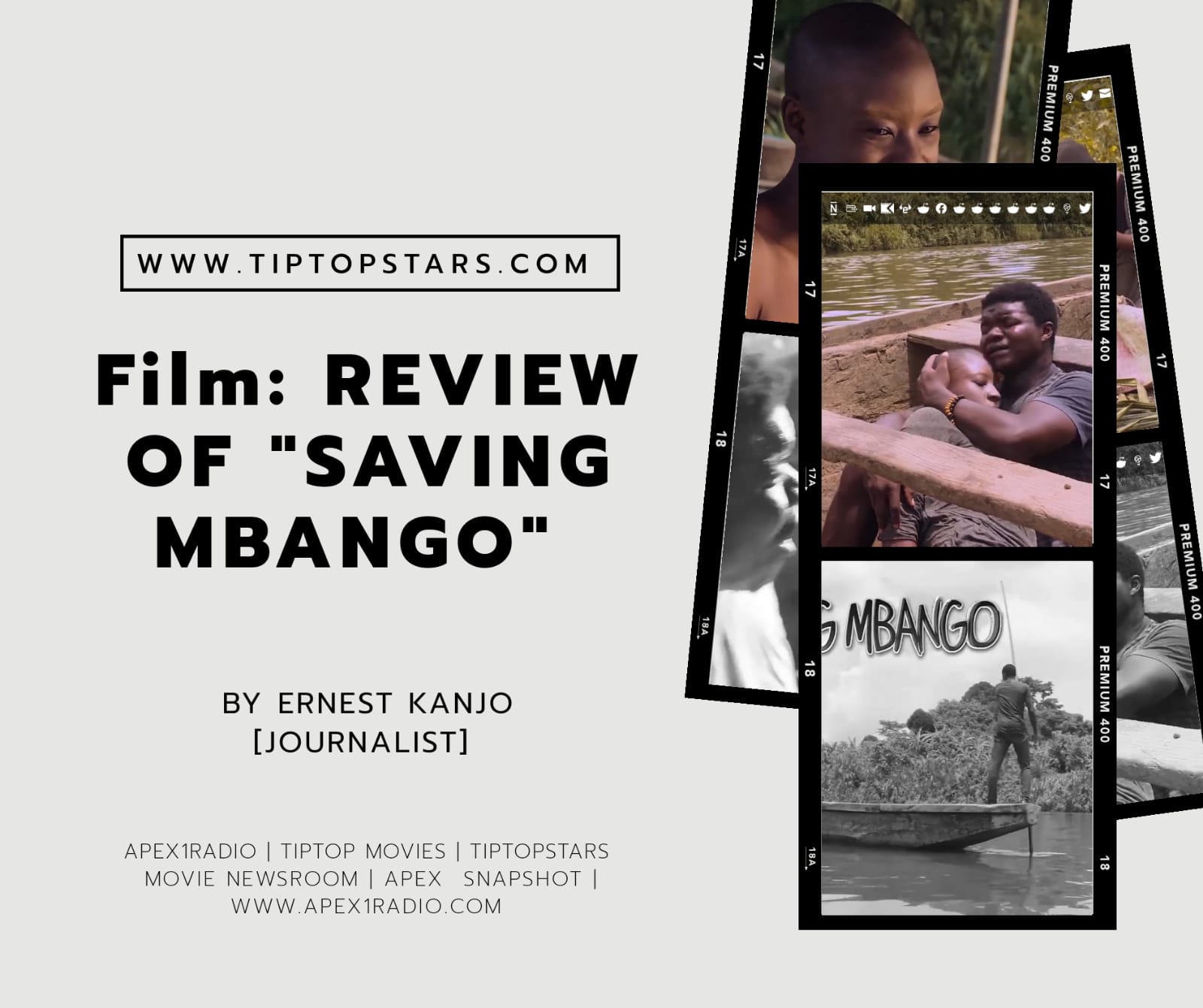
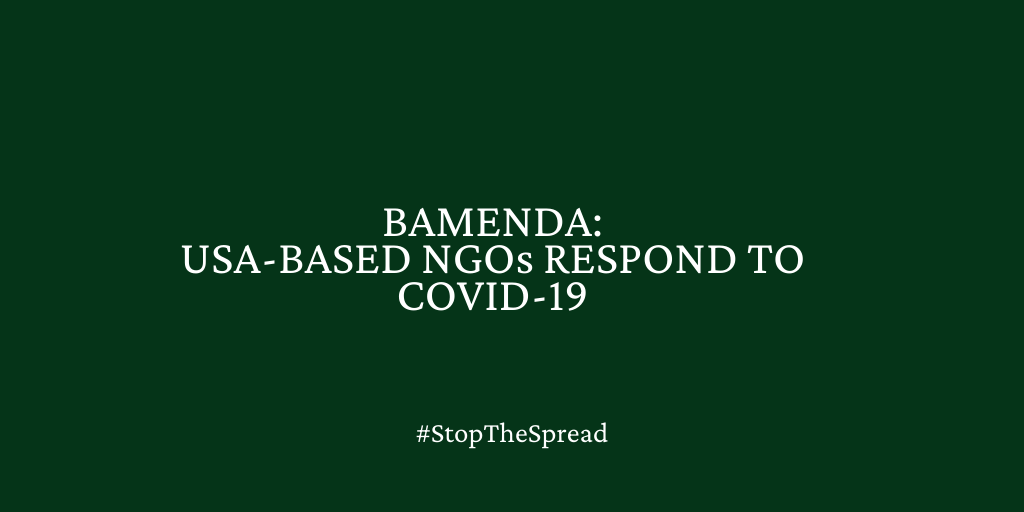
 Responding to the Coronavirus, in a bid to reduce its spread and eventually expunge it completely, requires enormous means. These means are not always readily available in some communities, largely because the current situation was not expected neither were any kick-back measures anticipated. COVID-19 checked in and caught everyone unprepared for it, yet something needs to be done.
Responding to the Coronavirus, in a bid to reduce its spread and eventually expunge it completely, requires enormous means. These means are not always readily available in some communities, largely because the current situation was not expected neither were any kick-back measures anticipated. COVID-19 checked in and caught everyone unprepared for it, yet something needs to be done.
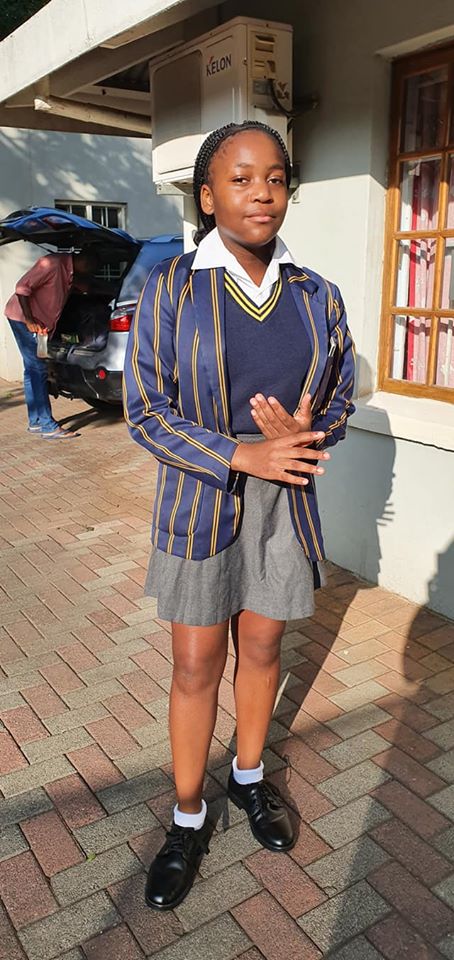
 STACEY WRITES:
STACEY WRITES: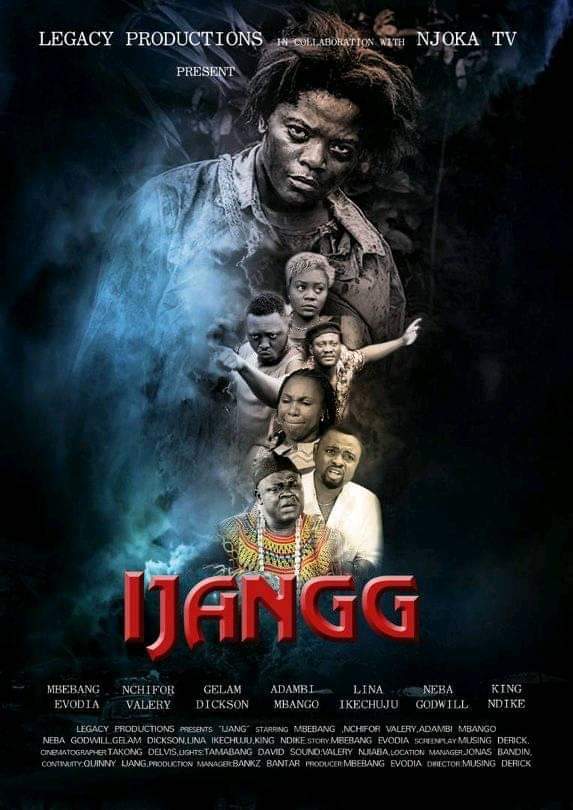
 Unlike fresh vegetables that perish shortly after they are harvested, movies, just like other products of arts, are nonperishable. This is truer for movies whose stories are timeless and universal. Therefore, after its official outing, a movie can always be viewed for several purposes, including education. There are scores of examples of films that have been used as didactic material in schools and informal learning. In the same light, events around a movie can always be organized in so far as the movie is alive.
Unlike fresh vegetables that perish shortly after they are harvested, movies, just like other products of arts, are nonperishable. This is truer for movies whose stories are timeless and universal. Therefore, after its official outing, a movie can always be viewed for several purposes, including education. There are scores of examples of films that have been used as didactic material in schools and informal learning. In the same light, events around a movie can always be organized in so far as the movie is alive.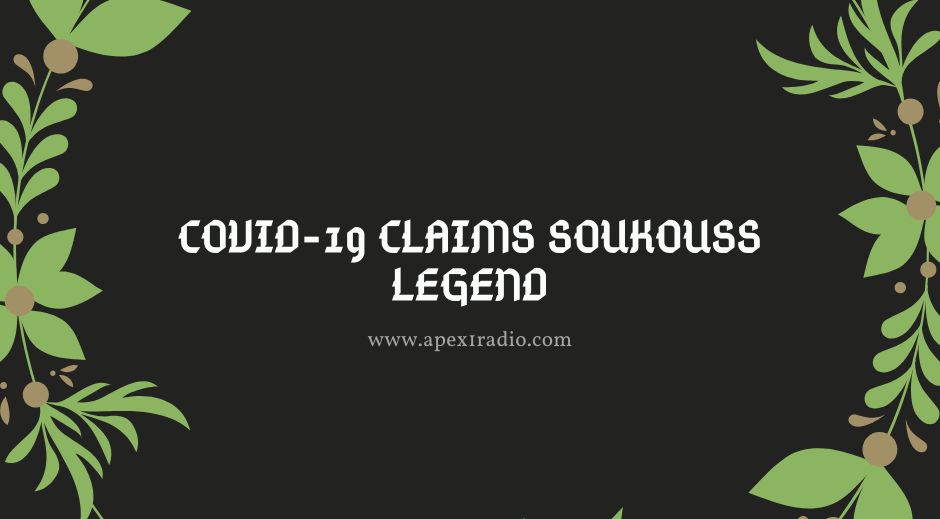


 Unlike in tropical parts of the world, places situated in the Northern hemisphere, have a very solid cultural attachment to weather. In fact, life in these places largely depends on weather conditions. That explains why weather reporting is and has always been an integral part of news, not only in the news media, but all other types of media.
Unlike in tropical parts of the world, places situated in the Northern hemisphere, have a very solid cultural attachment to weather. In fact, life in these places largely depends on weather conditions. That explains why weather reporting is and has always been an integral part of news, not only in the news media, but all other types of media.
Recent Comments